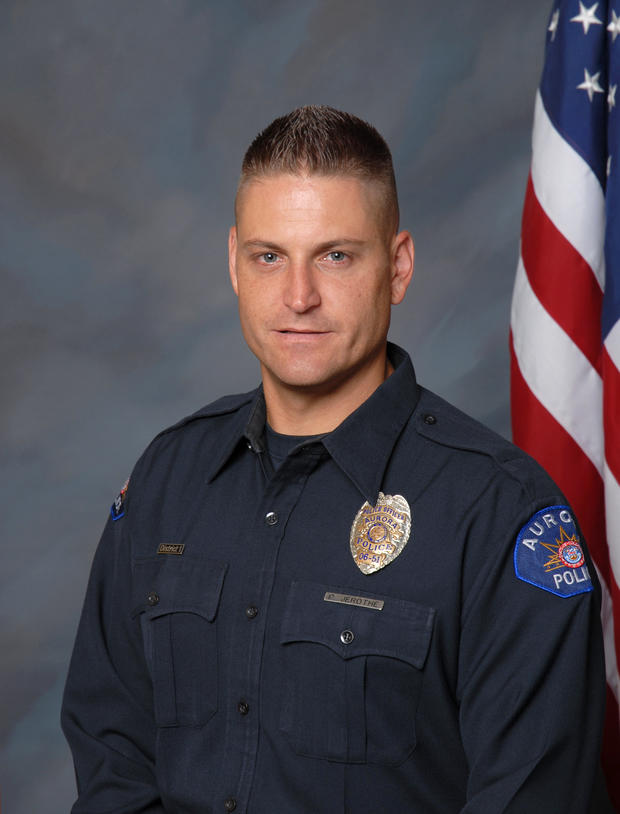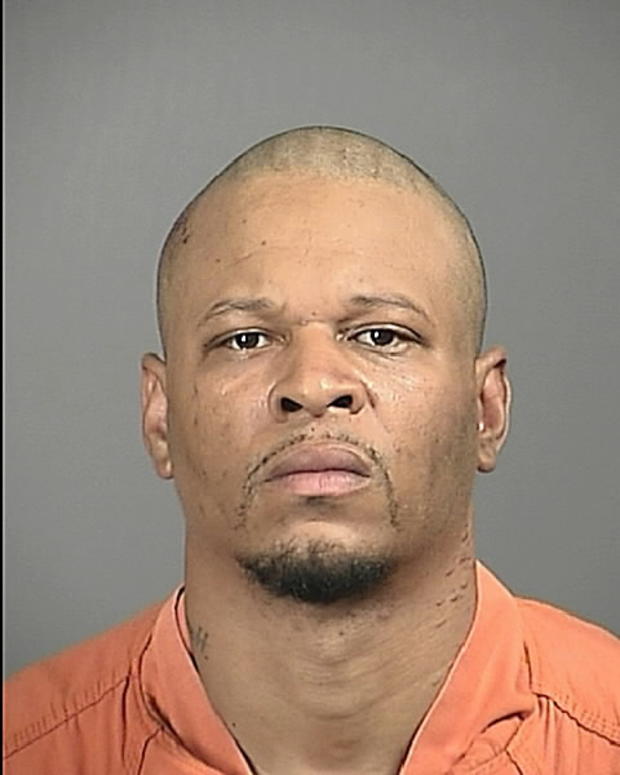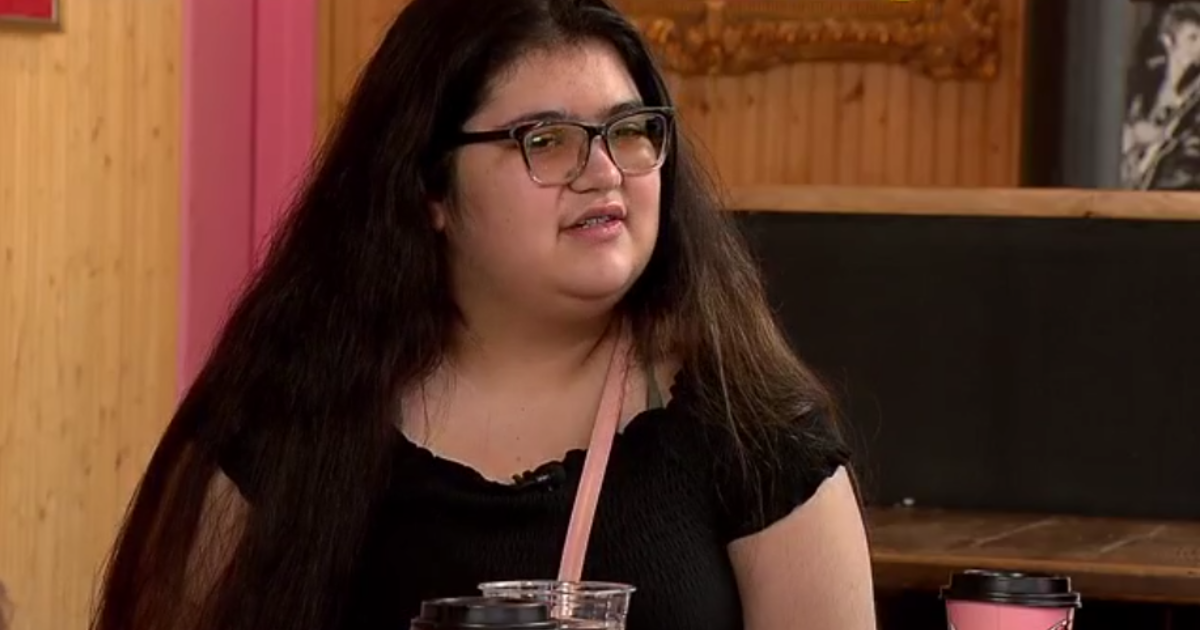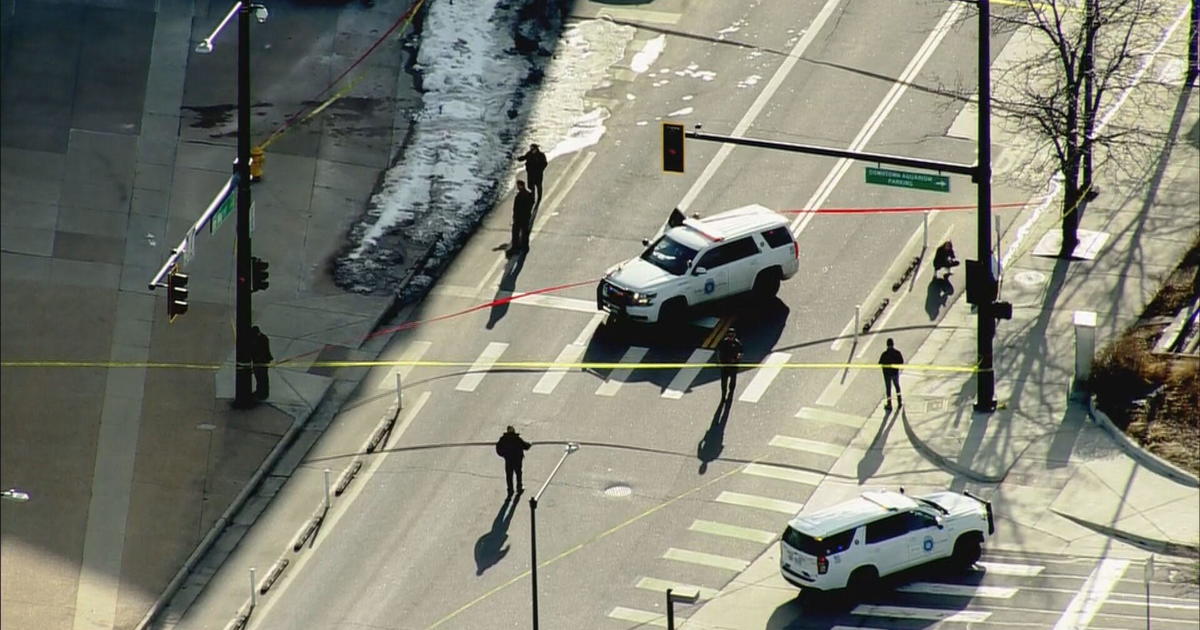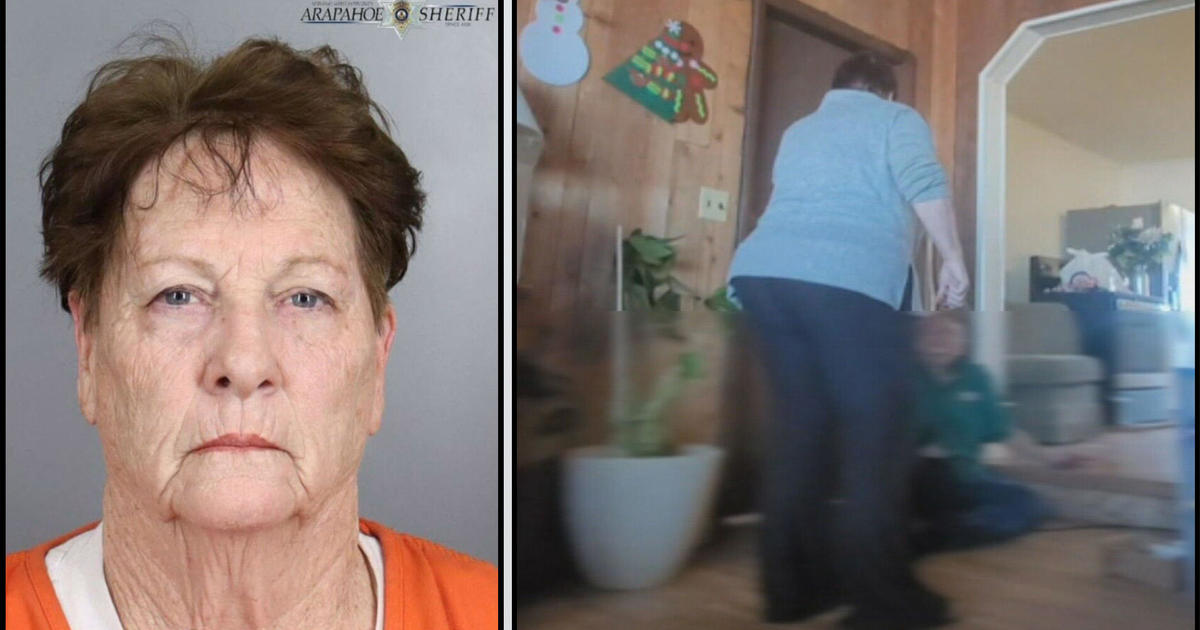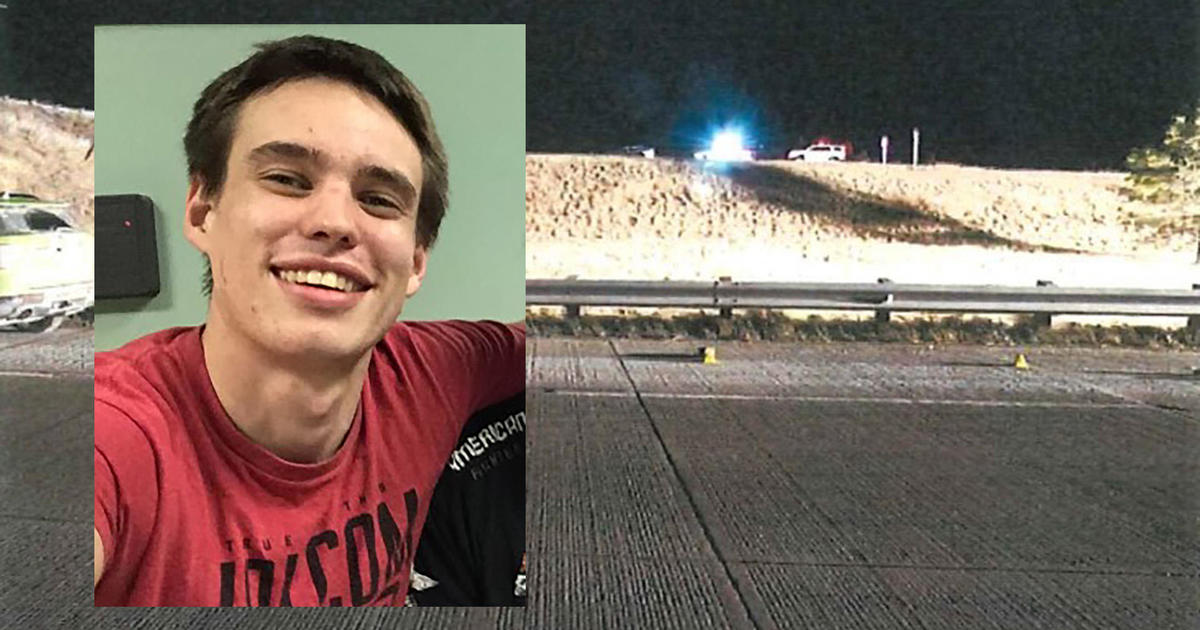No Indictment For Officer Who Killed Unarmed Parole Violator
AURORA, Colo. (AP) - A grand jury declined to indict a Colorado police officer who fatally shot an unarmed man while trying to arrest him after he attacked his wife, prosecutors said Wednesday.
The grand jury concluded Aurora police officer Paul Jerothe believed he was about to be killed and acted reasonably when he shot Naeschylus Carter Vinzant, prosecutors said.
Vinzant, 37, was shot March 6 in Aurora, an east Denver suburb. He was black, and Jerothe is white.
Vinzant was on parole for a prior assault conviction and had cut off his monitoring bracelet and fled after beating his wife, stealing her wallet and taking their 2-month-old child four days earlier, authorities said. A report by the grand jury identified the woman as both Vinzant's wife and ex-wife.
Jerothe was part of a tactical team that descended on Vinzant as he walked down the street. Jerothe and other officers who were present told the grand jury they believed Vinzant was about to pull a gun and open fire.
Jerothe shot Vinzant once in the chest, and officers later discovered Vinzant didn't have a weapon.
Jefferson County District Attorney Pete Weir was brought in as a special prosecutor to review the shooting. He decided to allow the grand jury to take the case instead, in part because Jerothe's account of the shooting did not match up with other officers on the scene.
Weir acknowledged discrepancies among officers' initial recollections of the encounter and what they later told investigators. For example, an officer initially said he overheard Jerothe say the shooting was an accident. But the officer retracted the statement when interviewed, saying he didn't know if that was a direct quote or just his interpretation of Jerothe's comment, Weir said.
Investigators waited six days to interview Jerothe, who said he became emotionally distraught when he realized Vinzant was unarmed.
"There are discrepancies," said Weir. "There are discrepancies with respect to the initial outcry by Officer Jerothe at the scene and what he said six days later."
Jerothe told investigators he had no memory of what he said in the immediate aftermath but he feared for his safety and intended to shoot Vinzant, Weir said.
The report did not mention the officers' inconsistent statements, but Weir said the grand jury relied on several thousand pages of documents and other evidence to resolve the discrepancies.
Vinzant's family was saddened by the grand jury's decision not to indict Jerothe but continues to seek justice, attorneys Qusair Mohamedbhai and Siddhartha Rathod said in a statement.
Vinzant "is but one person on an ever-growing list of unarmed victims of police-related killings whose families have been let down by the grand jury process," the statement said. Police and the grand jury said the suspect's last name was Vinzant, but an attorney for the family said he used Carter as his last name.
"I think we all should be held accountable for what we do," Pauletta Zinnerman, Vinzant's mother, told CBS4.
"This is becoming such a common issue seeing black men murdered by police officers," Herman Floyd, Vinzant's father, told CBS4. "Looking for justice that just wasn't there is just kind of overwhelming."
The grand jury report noted that Jerothe had seen and heard multiple reports that led him to believe Vinzant was violent and might resist arrest. One report said Vinzant had told another officer nearly two years earlier that he would have "shot it out" with police during a September 2013 arrest if he had a weapon.
The report suggested some witnesses thought Vinzant might have been trying to surrender, but the grand jurors concluded those witnesses were incorrect. The report said twice that Vinzant gave no indication he wanted to give up.
Vinzant's death came amid a national debate over whether officers are held accountable for on-duty shootings. Grand juries chose not to indict white officers in killings of unarmed black men in New York and Missouri, spurring protests decrying the system as biased.
On Monday, a grand jury in Cleveland declined to indict two officers in the fatal shooting of a 12-year-old black boy who was carrying a pellet gun.
In Colorado, prosecutors typically investigate officer-involved shootings without a grand jury. Weir said a grand jury was the best way to provide a thorough and impartial review of Vinzant's shooting, citing the complexity of the case.
The Aurora Police Department will conduct an internal review of the shooting to determine whether Jerothe or any other officers violated department policy, Chief Nick Metz said.
Jerothe received national honors for saving lives in the 2012 Colorado movie theater shooting.
Jerothe remains on the job in a "nonenforcement capacity," Metz said.
"This is a tragic situation for everyone involved," Metz said. "This is not something we take lightly."
By Sadie Gurman, AP Writer, with contributions by Dan Elliott
(TM and © Copyright 2015 CBS Radio Inc. and its relevant subsidiaries. CBS RADIO and EYE Logo TM and Copyright 2015 CBS Broadcasting Inc. Used under license. All Rights Reserved. This material may not be published, broadcast, rewritten, or redistributed. The Associated Press contributed to this report.)
